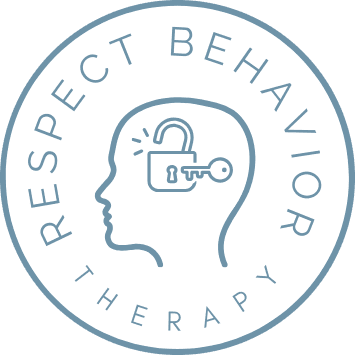Enhancing Awareness and Support for Autism: The Role of Advocacy in Nurturing Understanding

Autism, a diverse and multifaceted neurological condition, affects roughly 1 out of every 54 children in the United States. Despite its prevalence, misperceptions persist, and acceptance remains wanting for those living with autism. Advocacy plays a pivotal role in fostering greater awareness, acceptance, and support for individuals within the autism spectrum and their families.
Various forms of advocacy are instrumental in amplifying the understanding of autism. These range from dispersing information and educating the public to advocating for policy alterations and the rights of individuals on the spectrum. Empowering autistic individuals to self-advocate is a crucial aspect of this multifaceted approach.
Self-advocacy is a critical element of autism advocacy. Misunderstandings and stigma related to autism often lead to hurdles in accessing much-needed services and support. As individuals on the spectrum advocate for themselves, they can ensure their needs are addressed and their voices resonate.
To foster self-advocacy, it's imperative to offer opportunities for individuals with autism to hone their skills and gain confidence in voicing their needs. This could entail access to support groups, mentorship programs, and other resources that nurture self-determination and strengthen advocacy skills.
Beyond self-advocacy, autism advocacy also encompasses policy reforms to augment support for individuals on the spectrum. This includes championing increased allocation for autism research, endorsing protective legislation for autistic individuals, and pushing for policies that foster inclusivity and accessibility.
Education and awareness-building are also integral aspects of advocacy. By fostering a broader understanding and acceptance of autism, individuals on the spectrum are more likely to feel embraced and included in their communities. This can be achieved by enlightening schools, workplaces, and other organizations about the unique needs and strengths of those on the spectrum and advocating for inclusive practices and accommodations.
In conclusion, autism advocacy is vital in promoting understanding, acceptance, and support for those on the spectrum. Through empowering individuals to advocate for themselves and endorsing policies and practices that foster inclusivity and accessibility, we can enhance support and celebrate the unique attributes and strengths of those within the autism spectrum.
